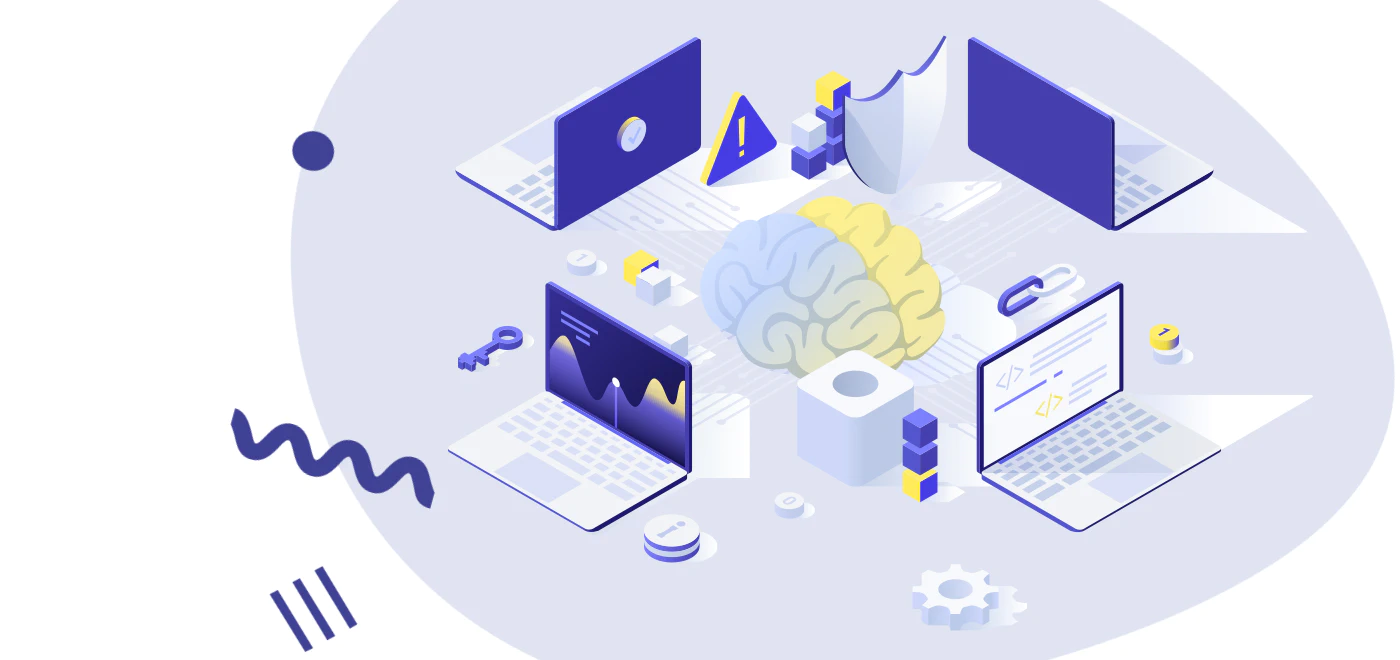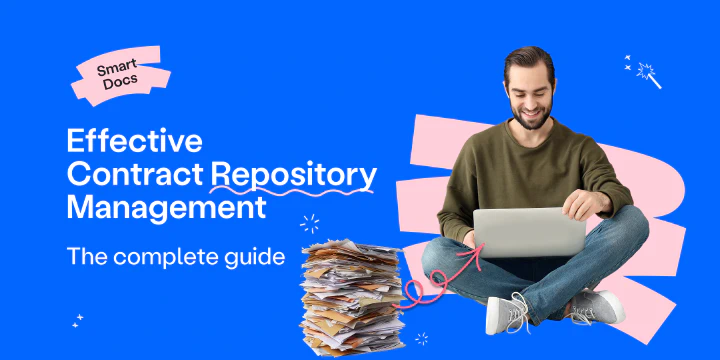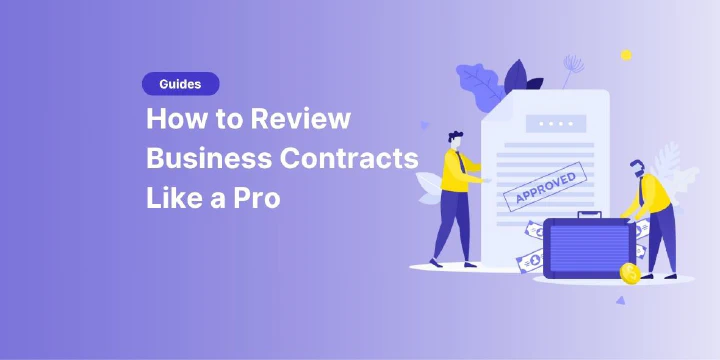Revolution of the legal system: Legal AI
In a world where technology is permeating almost every aspect of our lives, the legal industry is not immune. The advent of artificial intelligence (AI) has unleashed a transformative wave that is not stopping at the legal industry. Legal AI, or legal artificial intelligence, is fundamentally changing the way lawyers work, laws are interpreted and legal disputes are resolved. In this blog post, we take an in-depth look at the various facets of Legal AI and the impact it is having on the practice of law.

The basics of Legal AI
Before we turn to the implications, it is important to understand the basics of Legal AI. Legal AI refers to the use of artificial intelligence in the practice of law. This can take various forms, including machine learning, natural language processing, data analytics and even robotic automation. These technologies are used to automate routine tasks, analyze information, create legal documents and much more.
Automation of routine tasks
One of the main benefits of Legal AI is the automation of routine tasks. We often spend a lot of time reviewing documents, contracts and other legal materials. This is where Legal AI can be used efficiently to speed up this process. Through machine learning, modern software can recognize patterns, extract relevant information and even make assessments about risks.
Data analysis and forecasting
Another important area of application for legal AI is data analysis. By processing large volumes of legal databases, court decisions and laws, artificial intelligence can identify patterns that may be difficult for humans to recognize. This enables more accurate predictions and assists in making informed decisions.
Natural language processing (NLP) plays a crucial role in the development of legal AI. It enables artificial intelligence to understand and process human-like language. In the context of the legal system, NLP can be used to analyze legal documents, review contracts and extract relevant information. This not only saves time, but also minimizes the risk of human error.
Challenges and ethical considerations
Despite the promising benefits of Legal AI, there are also challenges and ethical considerations that need to be taken into account. The question of liability in the event of incorrect predictions or decisions by AI systems is a key issue. In addition, there is a risk of reinforcing existing biases if the underlying data for the development of Legal AI systems is not carefully selected and reviewed.
Despite these challenges, the future of Legal AI is bright. More and more companies are recognizing the benefits of this technology and integrating it into their daily practice. This trend is expected to continue to grow as Legal AI systems are constantly being improved and refined.
Nevertheless, human expertise remains indispensable. Legal AI is a tool that supports companies and allows them to focus on more complex and strategic aspects of their work. Human interpretation of laws, moral reasoning and the ability to be creative are aspects that Legal AI cannot replace.
Conclusion
Legal AI is undoubtedly one of the most exciting developments in the legal industry. From the automation of routine tasks to precise data analysis, this technology offers numerous opportunities to improve efficiency and accuracy in the practice of law. At the same time, however, the use of legal AI requires careful consideration of ethical aspects and the creation of a clear legal framework.
The integration of Legal AI into legal practice is an ongoing process that requires collaboration between lawyers, technology experts and legislators. If these challenges are successfully overcome, Legal AI could help lead the legal system into an era of efficiency and precision. The future of legal practice will undoubtedly be characterized by the intelligent connection of man and machine, and Legal AI will play a central role in this.
Please keep in mind that none of the content on our blog should be considered legal advice. We understand the complexities and nuances of legal matters, and as much as we strive to ensure our information is accurate and useful, it cannot replace the personalized advice of a qualified legal professional.

Table of contents
Want product news and updates? Sign up for our newsletter.
Other posts in Contract-Management

SaaS contract management explained for buyers and vendors
If you work in SaaS, you know how quickly contracts can pile up. Each one comes with its own terms, renewals, …

The Complete Guide to Effective Contract Repository Management
A contract repository is where every agreement your business depends on finally finds its place. No cluttered …

How to Review Business Contracts Like a Pro in 2026
When it comes to business contracts, what you don’t catch can hurt you. That’s why reviewing a business …
Contracts can be enjoyable. Get started with fynk today.
Companies using fynk's contract management software get work done faster than ever before. Ready to give valuable time back to your team?
Schedule demo

